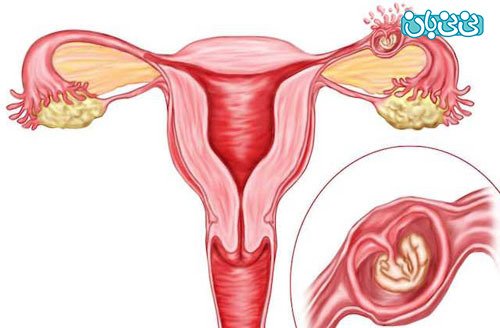What is ectopic pregnancy?
If the ovule is transferred out of the womb, it is called an extra pregnancy. Every 50 pregnancies occur one out of the womb. There is no way to enter an uterus out of the womb (or inadequate), so completing pregnancy is the only option. Although there are underlying factors for extra-uterine pregnancy, this can happen to any person. Because of the risk of this pregnancy for a person, it is very important that its early symptoms be identified early and treatment begins as soon as possible.

What are the symptoms of extra-uterine pregnancy?
Symptoms may appear in the early stages of pregnancy and vary from person to person. However, many women have no symptoms until the pregnancy is ripped off the uterus. You may not have a menstrual cycle and experience some symptoms similar to normal pregnancy (such as chest pain, fatigue, and nausea). If you test your home pregnancy, the result may be positive. At first you may experience symptoms such as abdominal tenderness or pain and bleeding from the vagina that may be mild and periodic.
Occasionally, extra-uterine pregnancy is first taken into account when a woman goes to the first periodic examination of pregnancy and has pain during an abdominal or pelvic examination, or her obstetrician or physician becomes aware of the mass, or may even be during ultrasound due to another Beginning in the first quarter, specify. If you have any signs you should take it seriously. To prevent rupture (Emergency delivery status), it is very important that diagnosis and treatment should be done as soon as possible with a problem.